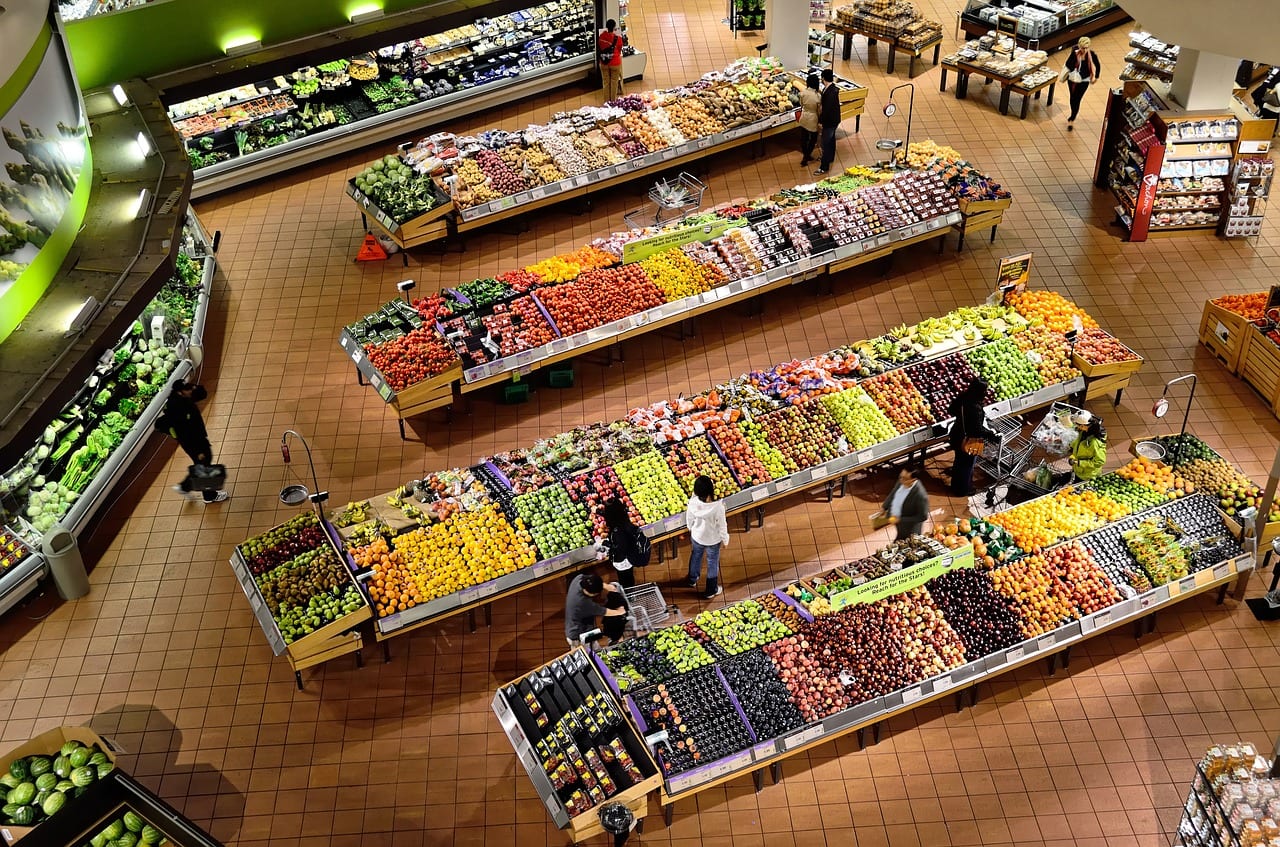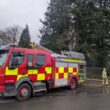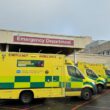
Clarification has been given on what are deemed to be ‘essential’ businesses which can continue to trade during the coronavirus pandemic.
The Northern Ireland Executive has now compiled a full list of those which are permitted to remain open to members of the public.
The list provides clarity on what retail services and other venues may remain open in Northern Ireland and which should close immediately.
The Executive has approved the continued opening of a range of retailers and services from corner stores and supermarkets to dental surgeries and veterinary clinics.
The list also includes credit unions and post offices, given the significant reliance of our communities on them.
First Minister Arlene Foster explained: “Following last night’s announcement by the Prime Minister on the restrictions we all must now adopt to stop the spread of the virus, it is vital people understand what essential services are available to them.
“This list covers a range of essential retail services including pharmacies, hot food takeaways, petrol stations and public car parks near food outlets but there are certain limitations on some of them as well.
“For example, cafes will no longer operate in supermarkets, nor will it be possible to eat food in takeaway outlets.
“The Northern Ireland Executive would encourage members of the public to study the list closely and understand what services will be available to them during the coming weeks.
“These measures will remain under review but it is crucial that people limit their movement outside their homes and only shop for essentials when it is absolutely necessary.”
The Deputy First Minister Michelle O’Neill added: “As well as providing clarity for the public, it is vital that businesses here are absolutely clear about their responsibilities in fighting the spread of Covid-19.
“Clothes shops, electronics shops, hair, beauty and nail salons, libraries and gyms are not essential services and, if they are not already, they must close right now. Not in a few days; not next week; now.
“We know how difficult it is for those businesses to shut their doors. We are talking about people’s livelihoods. But if this action isn’t taken immediately, it will result in the loss of more lives through Coronavirus.
“We all have a role to play in combatting the spread of coronavirus and by closing non-essential retail and other services you are playing your part in the fight back.”
Stormont ministers have confirmed that the following essential retail services should continue to trade:
- Supermarkets (excluding any cafes within them), convenience stores and corner shops
- Grocery markets – not including farmers markets, hot food markets or street food markets.
- Local fresh food suppliers like butchers, fishmongers and bakeries.
- Hot food takeaways – over the counter services only and not allowing an option to eat in.
- Pharmacies/Chemists and Health food shops.
- Dental surgeries, opticians, audiology, physiotherapy, chiropody and other professional vocational medical services – for urgent appointments only.
- Veterinary clinics and pet shops.
- Newsagents.
- Hardware and building supplies stores.
- Retail services in hospitals.
- Petrol stations, garages, and auto repair shops for urgent work only.
- High street banks, credit unions and cash points.
- Post offices.
- Funeral directors, crematoriums and related.
- Laundrettes and dry cleaners.
- Storage and distribution facilities, including delivery drop-off points.
- Medical or storage services.
- Public car parks in towns and cities near food takeaway services.
- Public toilets.
- The following non-essential retail services should close immediately:
- Clothes shops.
- Electronics shops.
- Hair, beauty and nail salons.
- All other non-essential retail shops, including off-licenses.
- All other indoor and outdoor markets including non-food markets and car boot sales.
- Hotels, hostels, Bed and Breakfasts, Caravan Parks, Camping sites, Boarding Houses – except where caravans and mobile homes are being used as permanent residences and where hotels are providing emergency accommodation.
- Libraries.
- Community centres and youth centres.
- Places of worship – all churches should close to services except for funeral services. Weddings and baptisms should be postponed. If clergy want to live-stream for church services, they are free to do so.
- All indoor recreation sites such as bowling alleys, arcades, soft play areas.
- Enclosed spaces in public parks such as playgrounds, tennis courts and outdoor gyms.





